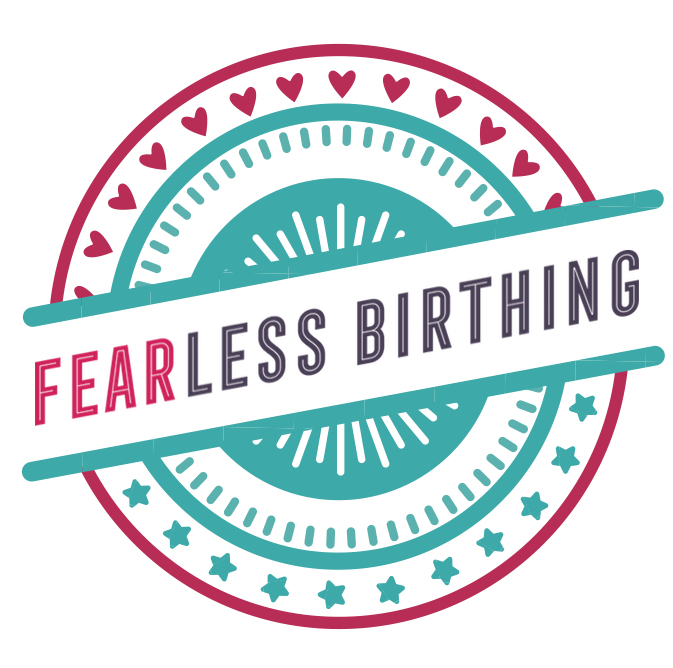For a long time, I could never quite put my finger on what was “wrong.” I knew I didn’t want to talk about babies. I avoided family planning with my partner. Deep down, I thought there was something broken inside me. It wasn’t just fear — it lived in my nervous system. It ran my decisions for years.
That’s why, in this episode, I introduce a term I wish I’d had sooner: Reproductive Anxiety Disorder (RAD). Because what so many women experience just doesn’t fit the narrow label of a birth “phobia.” The truth? It’s a spectrum — and it’s about much more than being scared of giving birth.
Let’s break down some of the biggest insights from this honest, gutsy conversation.
What Is Reproductive Anxiety Disorder (RAD)?
Most people — even some professionals — think of tokophobia as a phobia, like fear of spiders or heights. But as I explain in this episode, it’s not that simple.
RAD is a nervous system-based anxiety pattern relating to ANY part of the reproductive journey. It isn’t just “in your head.” It can show up during puberty, in pregnancy, at smear tests, or even during menopause.
Key points:
RAD often gets dismissed, misdiagnosed, or misunderstood.
It looks very different from one woman to the next.
Most women living with RAD don’t have language for it — which means they don’t receive the support they urgently need.
Why Naming the Experience Is So Powerful
I believe naming RAD changes everything. For years, I had to coach my students to “ignore” the phobia label and focus on anxiety instead. Why? Because the standard approach didn’t work.
When we frame it as an anxiety disorder:
Women feel validated — you’re not just “making it up” or “overreacting.”
We can finally get more accurate support, both in therapy and in birth prep.
Healthcare professionals have a fighting chance to identify what’s actually going on, and stop dismissing women’s pain.
The Hidden Impact: Beyond Birth, Into Everyday Life
RAD isn’t just about birth. It touches every aspect of life for many of us.
Women may avoid intimacy, sex, and even basic medical care like smear tests.
It fuels avoidance of conversations about babies, family planning, and motherhood.
RAD often runs in the background as a persistent, intense — sometimes irrational — anxiety, long before anyone thinks about getting pregnant.
I see this again and again in the women I support: decades of anxiety dismissed, mislabelled, or explained away. And for many, it isn’t until the biological clock becomes deafening that the full weight of this anxiety lands.
If You’re a Birth Professional: This Is a Wake-Up Call
Far too many doulas, midwives, and therapists aren’t trained to spot RAD or tokophobia. Women walk away from doctors, nurses, and therapists feeling misunderstood or even shamed. I’ve lost count of the clients who were told to “just have a baby and you’ll be fine” or “it’s just general anxiety.”
We can do better.
As a birth pro, you might notice:
Your client avoids birth stories, skips classes, or shuts down talking about family.
She refuses intimate exams, delays trying for a baby, or seems disconnected during sessions.
Her anxiety feels out-of-scale, persistent, and resists standard reassurance.
Start by believing her. Go a layer deeper. RAD isn’t rare — but recognising it can be life-transforming.
A New Lens for Yourself — or the Women You Love
If any of this feels uncomfortably familiar, you’re far from alone. I’ve been there. So has my co-host JJ. So have the countless women I’ve supported over the past decade. You might have chalked it up to “just how I am.” You might have thought it was a personal failing.
It’s not. It’s a real, treatable pattern — and it is absolutely possible to clear it, at the root. This is exactly why I developed the Head Trash Clearance method, and why I’m so committed to raising awareness around RAD.
You are not broken or crazy — and you’re not doomed to live with this forever.
Listen In, and Make a New Beginning
This episode is more than a name change. It’s a new path to understanding yourself (or the women in your care). I invite you to listen — whether you’re seeking healing, or seeking to be truly present for others.
Curious to dig deeper?
There’s a white paper, “The Case for Reproductive Anxiety Disorder,” and a whole toolkit available at FearlessBirthing.com and Tik-Tokophobia.com if you’re ready to learn, heal, or train.
When we start naming what’s really going on, we start changing not just individual lives, but the future of birth and womanhood.
